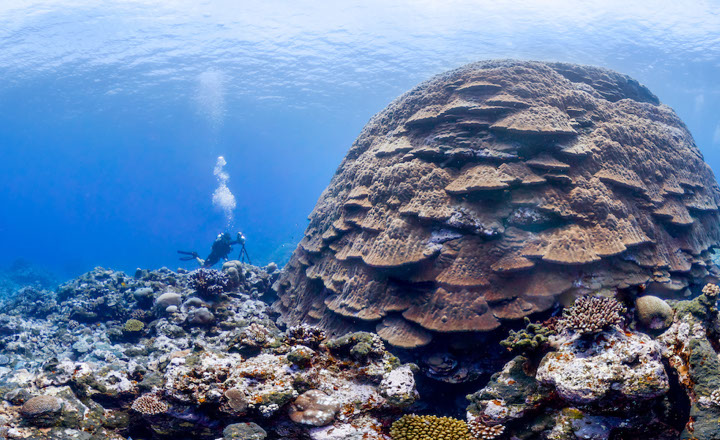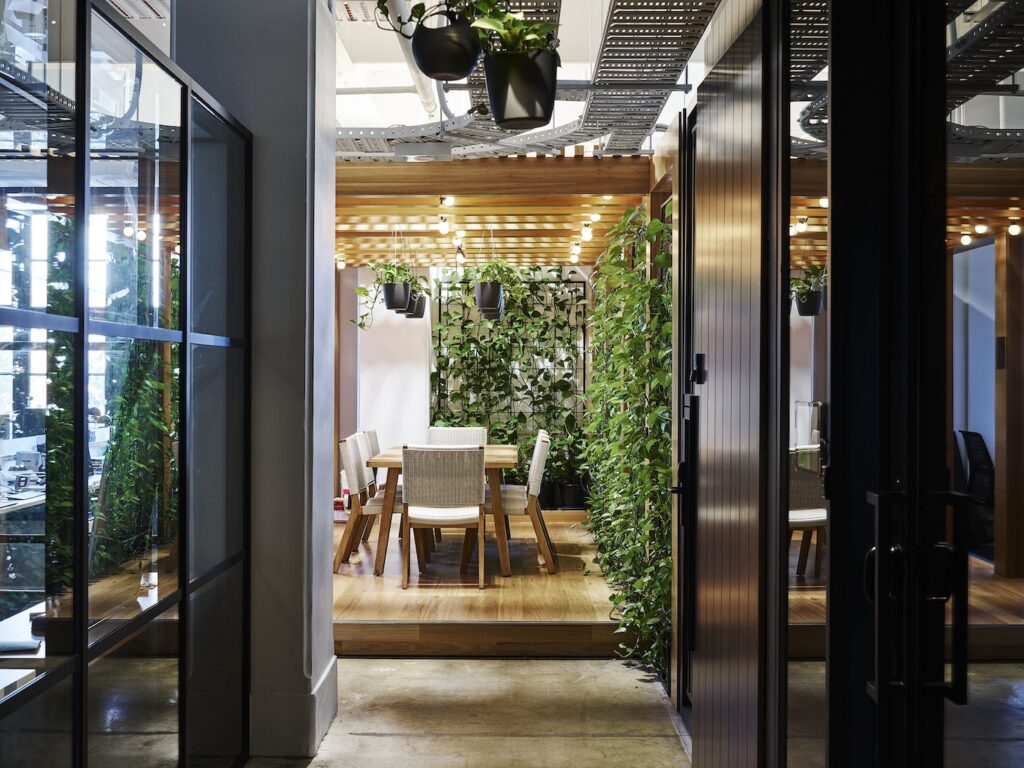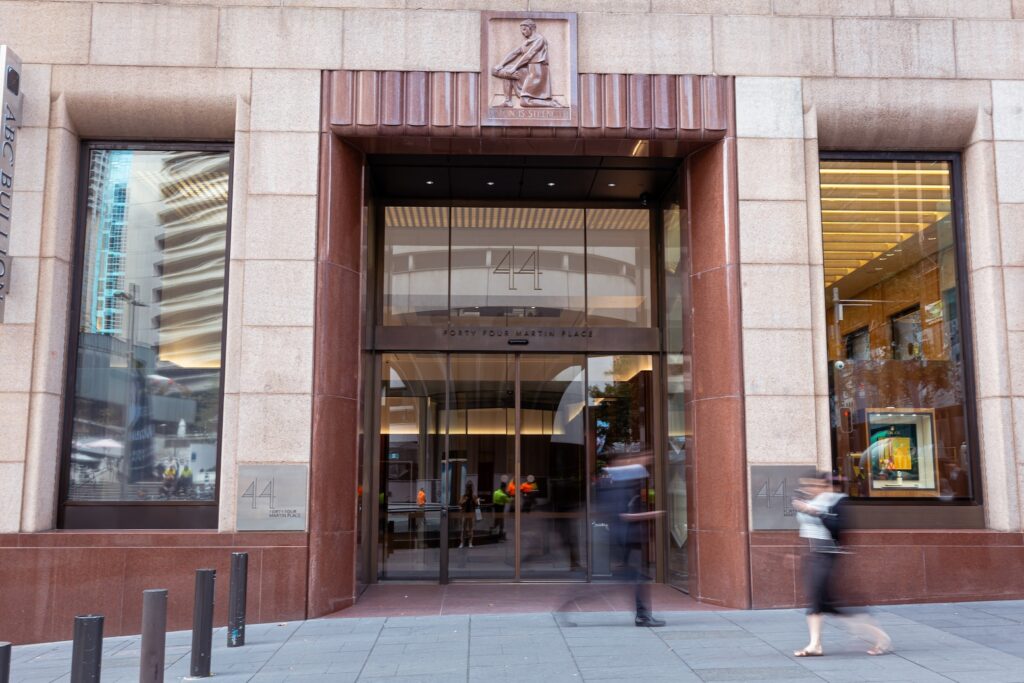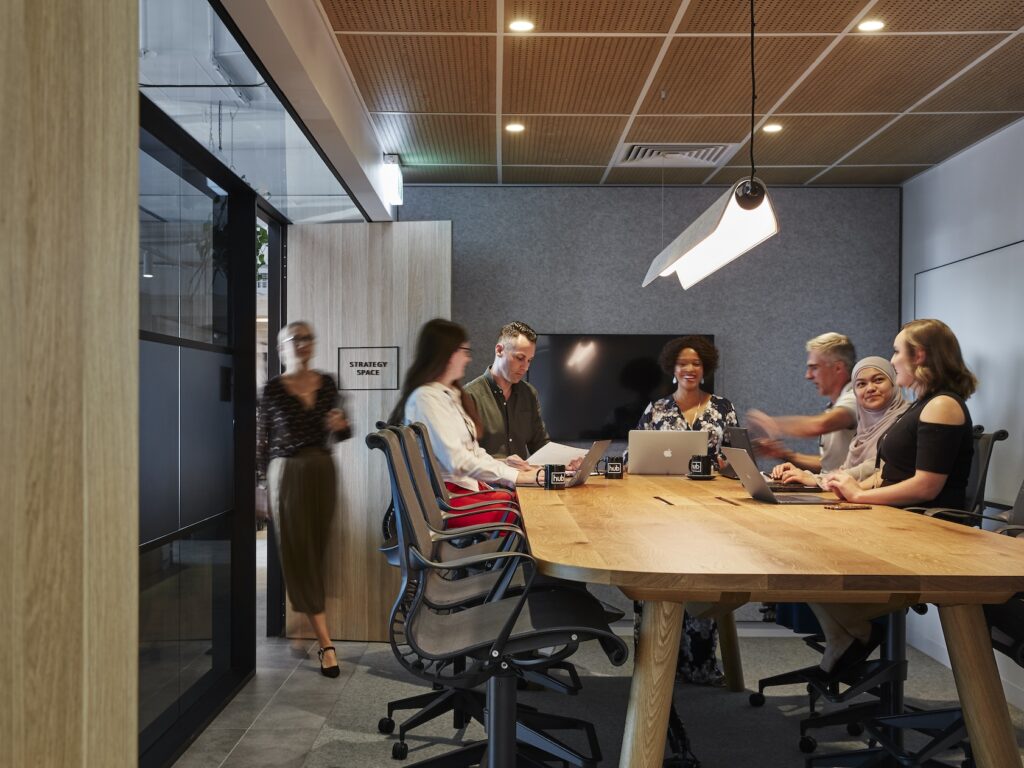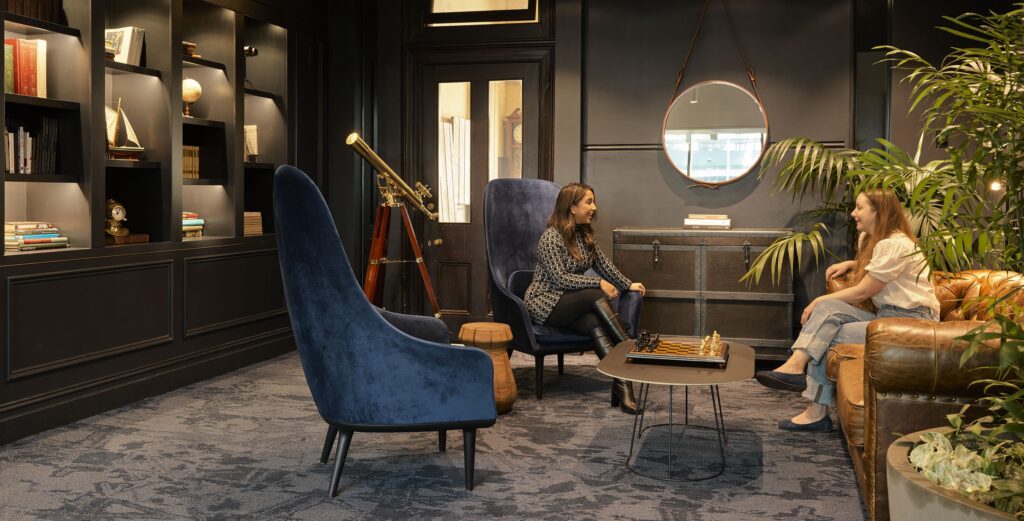Hub members Underwater Earth are bringing the ocean to everyone on land, by using technology, VR, and amazing underwater cameras to share the ocean with the world.
With their underwater Google Street View capturing snapshots of coral at points in time, Underwater Earth have helped scientists, students and other organisations, offering a wealth of information showing the state of our oceans.
How did Underwater Earth begin?
Underwater Earth began in Sydney as a group of friends who all worked in advertising and media, wanting to use our skills to do something different we were all very passionate about.
Underwater Earth is very much based on revealing the ocean to the world – we use innovative technology to help us do our ocean storytelling. If we can get people to understand the ocean, they will begin to love it and care for it, and then we can get them to do positive things for the ocean and the world.
When we started out we didn’t understand all the issues that were going on with the ocean. Back then we had entry-level knowledge, but that didn’t matter – we started with the fundamental premise that people can’t care about the ocean if they can’t see and experience it.
That’s why VR has been so central to what we’ve done these last seven years. Partnering with Google to launch underwater Street View was our first project and a defining success for us.
How do you define what you do?
Underwater Earth is predominantly about ocean education and awareness – and whilst coral reefs has been a major focus for us to date, we’re expanding to all marine environments. We focus on revealing the ocean using VR technology to get people to understand more about what’s happening.
We’re really interested in looking at how we can increase the use of virtual reality in the classroom as part of the school curriculum and we very much want to see that start here in Australia.
At the same time, we’re also looking at global and other regional initiatives such as in Tonga and Tahiti, so we’re still very global in focus.
How does your team use Hub?
We rely on a suite of contractors to match our program needs. We also have people travelling and part-time team members that don’t need permanent desks, so we need a place where we belong and can dial up and down to match our need for maximum flexibility.
Especially as a charity, we have to be responsible with our funds, so it’s the most economical way for us.
Read more: Whitney Teluk on Social Enterprise, Community, and Meeting Meghan Markle
Do you find coworking presents different opportunities?
In the coworking space itself, we have a lot of information sharing with other members. This year we held a screening of the documentary about our work, Chasing Coral, facilitated by another Hub member, David Lewis.
David does ethical investment planning and wanted to communicate with his clients about ocean issues and the impact of climate change – that mindset is relevant for him to communicate.
He organised with Australian Ethical to screen Chasing Coral, and I did a Q & A with the audience afterwards. There are spontaneous opportunities like this that come up frequently, and there are definitely other Hub members with synergy in what they’re doing and we’re doing.
Do you feel it’s important to reach outside your usual circle for new opportunities?
Nowadays, companies need to share intel and information and stimulate, help people to learn, and hopefully trigger business opportunities as well. That collaborative aspect is a vastly growing trend within small businesses.
Gone are the days where you sit hidden away from everyone else in an office or home – the want and need to communicate, share and learn has grown vastly.
Some Hub members come from more competitive industries than the charity / social enterprise sector we belong to – there’s a diverse range of members, and I can understand the appeal to all industries.
Read more: 7 Ways a Small Business Community Can Help You Grow
What are some of your goals for Underwater Earth?
We’re working towards a number of big initiatives, complemented by some smaller ones in the near future so we can create more funding and do more good.
As with all NFP’s, more money in means more money spent positively. Our business model doesn’t rely solely on public donations, although we have full charity status so can take donations from individuals.
Read more: Making an Impact on Australia with The Karrkad Kanjdji Trust
Our business is primarily set up to receive corporate sponsorship or funding from philanthropists and foundations who want to contribute incubator funding to get a key project off the ground.
Talking to corporates is key and talking to organisations who might have clients who would think, ‘Oh, wow, that might be a great opportunity’ is very useful to us.
Networking is the key to our success.
All images © Underwater Earth / XL Catlin Seaview Survey / Christophe Bailhache
